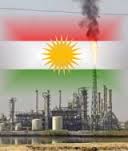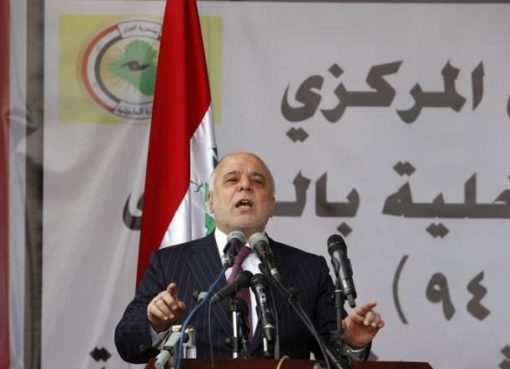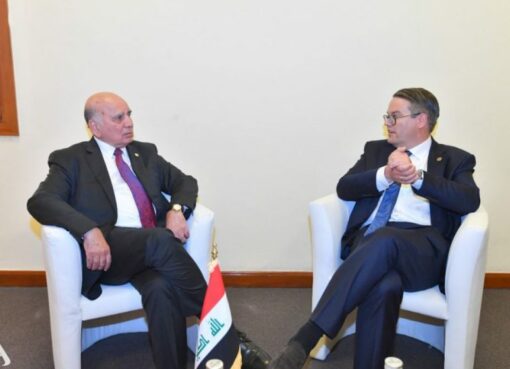Kurdish Bond Opens New Front in Autonomy Battle With Baghdad
An Iraqi official said the Kurds who govern the north of the country have no right to sell their own bonds, opening a new dispute between the Baghdad government and the breakaway region.
The Kurdistan Regional Government says it has hired Goldman Sachs International and Deutsche Bank AG to gauge interest in a sale of dollar bonds, and meetings with international investors are scheduled this week.
“How can they issue them? Who will guarantee them?” Muneer Mohammed Omran, director general of the central bank’s investor department in Baghdad, said by phone. “They’re not allowed to issue international bonds, this is a federal measure. Only the federal government can do that.”
Iraq’s Kurds, who have largely ruled themselves since the early 1990s, have edged closer to financial independence in recent years. Amid disputes with Baghdad over territory and how to share budget revenues, the Kurds have sought to market their own energy resources and sign separate exploration deals.
Those initiatives provoked a backlash from Baghdad, which threatened legal action against anyone who bought Kurdish oil on the grounds that only the central government had the right to sell it.
The warnings haven’t prevented a growing Kurdish oil industry. The KRG said this month that exports reached 578,000 barrels a day in May, and it aims to pump 1 million barrels a day by the end of next year. The region holds 45 billion barrels of reserves.
An Iraqi government spokesman couldn’t immediately be reached for comment on the Kurdish bond plan.
‘Creeping Independence’
“The KRG’s attempts to raise debt using its own guarantee is technically no different from provincial, state or municipal bonds elsewhere,” said Hasnain Malik, a frontier market strategist for Exotix Partners in Dubai. “But the context is clearly one of creeping independence, at least economically.”
In the past year, the Kurds have expanded their sphere of influence, gaining control of the oil-rich province of Kirkuk, while the Baghdad government has lost its authority over large parts of the country to Islamic State. The Kurdish-controlled north has escaped the worst of the jihadist violence.
The region’s relative stability means that, if it wasn’t for the dispute with Baghdad, the Iraqi Kurds could potentially sell bonds at a lower yield than the central government, said Raza Agha, chief economist for the Middle East at VTB Capital Plc in London, in an e-mailed response to questions.
Iraq’s dollar bonds maturing in 2028 were trading at a yield of 8.34 percent at 6:30 p.m. in London on Tuesday.
In the current situation, though, because of the “legal uncertainties” and other issues such as reliance on hydrocarbons and an alliance with neighboring Turkey, “the KRG would likely have to pay a significant premium over where the Iraqi sovereign is currently trading,” Agha said.








Comment here